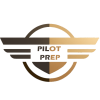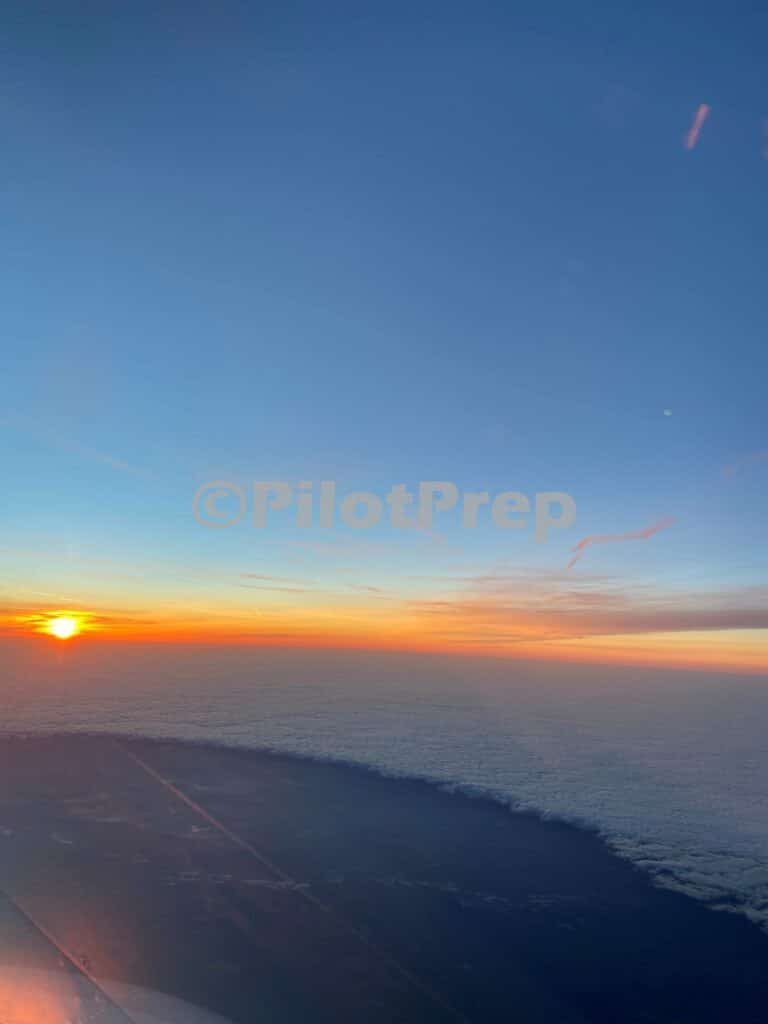How To Study For ATPL Pilot Ground School
As an aspiring pilot, you need to pass a series of rigorous tests before you can obtain your Frozen Airline Transport Pilot License (fATPL). Ground school is a critical component of this process. During ground school, you’ll learn the theory and knowledge necessary to pass your licensing exams. There are a whopping 13 of them! Having gone through the experience myself, I understand how challenging it can be to juggle the demands of school and personal life. In this blog post, I’ll share my study routine for ATPL ground school in the UK and provide some tips that can help you excel in your studies.
A Typical Weekday
My typical day during ATPL ground school started early. I would wake up at 6:30 am, have a shower, and eat breakfast, then head to flight school to arrive by 8 am with my 5 housemates. We had class from 8 am until 4 pm, with breaks in between for lunch and coffee. The classes covered a wide range of topics, including air law, flight planning, and meteorology. I made sure to take detailed notes during each lecture and ask questions if there was anything I didn’t understand. Ground school isn’t complex, but the volume is IMMENSE and there is almost no time to go back to topics. If you don’t understand something, ASK!
After class, I would go home and take a nap for an hour. I found that taking a short nap helped me recharge and refocus before diving back into my studies. Once I woke up, I would make dinner, eat, and review the day’s notes. Eating dinner early allowed me to use the kitchen first so I wouldn’t have to wait around to use various appliances. After dinner, I used online question banks to test my knowledge on the topics I studied that day. If there was anything I didn’t understand, I would watch YouTube videos about the topic. I’m an audio learner, and reading bores me, so I found that watching videos was a more effective way for me to learn and retain information. DO NOT RELY ON QUESTION BANKS! They are useful as a study aid, but gone are the days when you could just memorize the question bank and pass the exams.
I would study until 11 pm each night, making sure to take short breaks every hour or so. I found that taking breaks helped me stay focused and prevent burnout. Getting enough sleep was also crucial for me, so I made sure to get at least seven hours of sleep each night.
A Typical Weekend
While weekdays were packed with classes and studying, weekends were more relaxed. On Friday evenings, I would take a break after flight school and go to the pub with my housemates. It was a great way to unwind and socialize after a long week of studying.
Saturday mornings were reserved for food shopping. In the afternoons, I would review the previous week’s topics and make post-it notes to put around my room. I found that this helped me remember important information and concepts using different colours for each subject. Once I memorized a post-it note, I would take it down and replace it with a new one. I would also use this time to catch up on any topics that I didn’t fully understand during the week.
Sundays were completely off-limits for studying. Instead, I would reserve Sundays for administrative tasks like washing and ironing clothes. I found that taking a complete day off helped me recharge and come back stronger for the upcoming week. It’s a marathon, not a spring, so pace yourself. Keep the motivation up, I looked at potential future rosters to keep motivated.
Tips for Success
Here are some tips that helped me excel in my studies during ATPL ground school:
- Stay organized: Having a structured study routine helped me stay on top of my coursework and prevented me from falling behind. I didn’t use a planner to schedule my activities but I kept to a solid structure.
- Take breaks: It’s essential to take short breaks every hour or so to prevent burnout and stay focused. I found that taking a 10-minute break every hour was sufficient.
- Use multiple resources: Don’t rely solely on your class notes. Use online question banks, YouTube videos, your class mates, textbooks and other resources to reinforce your learning and deepen your understanding of the material. Know your learning style, I will write a post on this later.
- Get enough sleep: Sleep is crucial for learning and memory consolidation. Make sure to get at least seven hours of sleep each night to optimize your studying.
- Stay motivated: It’s easy to lose motivation during a long and challenging study process like ATPL ground school. To stay motivated, I reminded myself of why I wanted to become a pilot and how achieving my goal would impact my life positively. I also set smaller goals for myself and celebrated my progress. At the end of each module, we celebrated with a big night out.
- Find a study group: Studying with others can help clarify difficult concepts and keep you accountable. I found that studying with one of my housemates was beneficial for me as we could share resources and provide support for each other.
- Practice, practice, practice: Practice is key to success in ATPL ground school. Make use of practice questions, simulators, and other tools to help reinforce your knowledge and build your confidence.
It’s long, but it eventually ends
ATPL ground school is a challenging but necessary step for aspiring pilots. My study routine during this time involved early mornings, structured study sessions, and short breaks. I also used a variety of resources to reinforce my learning and deepened my understanding of the material. Taking a complete day off each week was also crucial for preventing burnout and allowing me to recharge. By following these tips and staying motivated, I was able to excel in my studies and achieve my goal of becoming a pilot. I hope this blog post has been helpful for you if you are currently going through, or planning to start ATPL ground school. Good luck!

How To Study For ATPL Pilot Ground School Read More »

